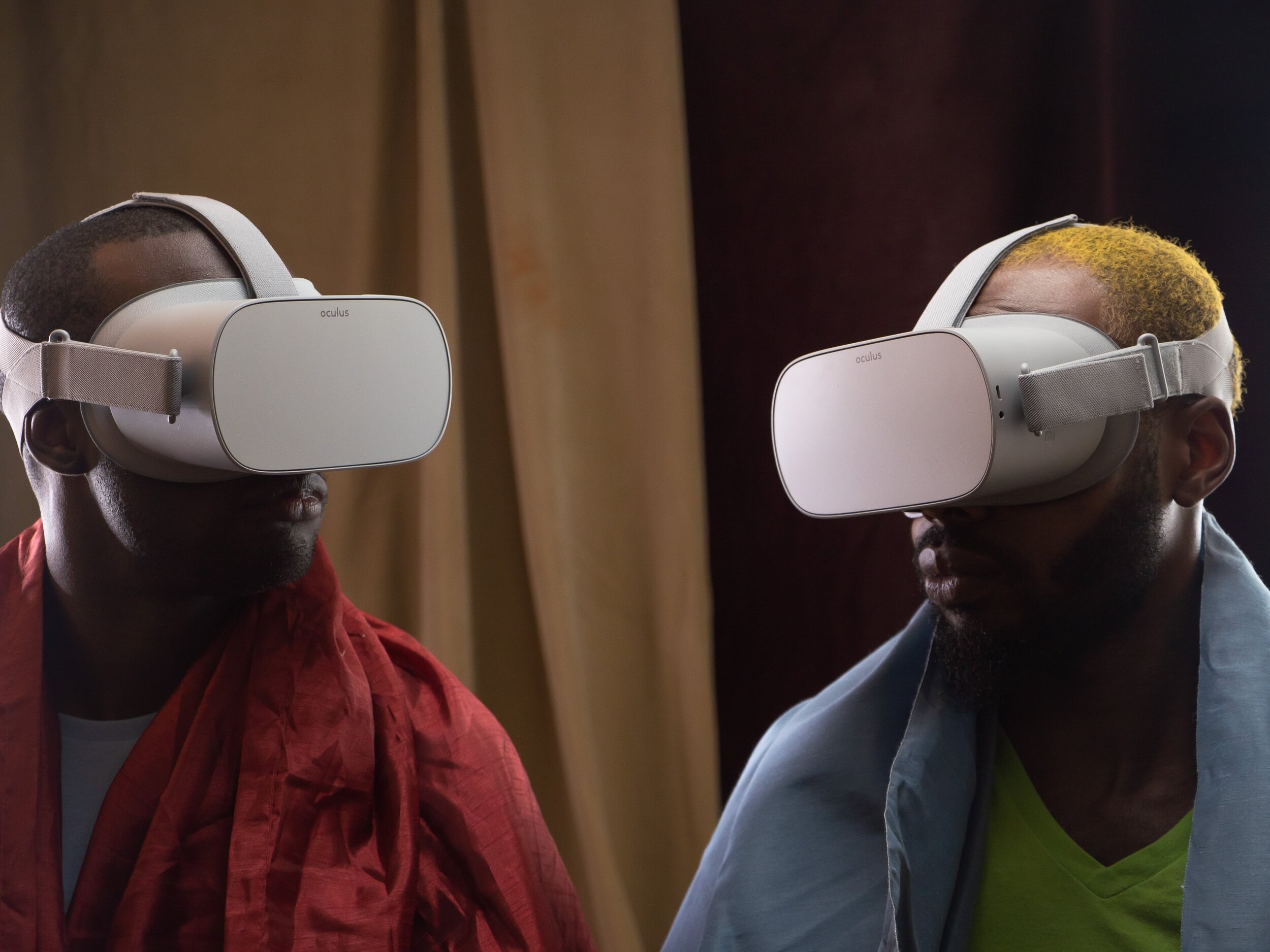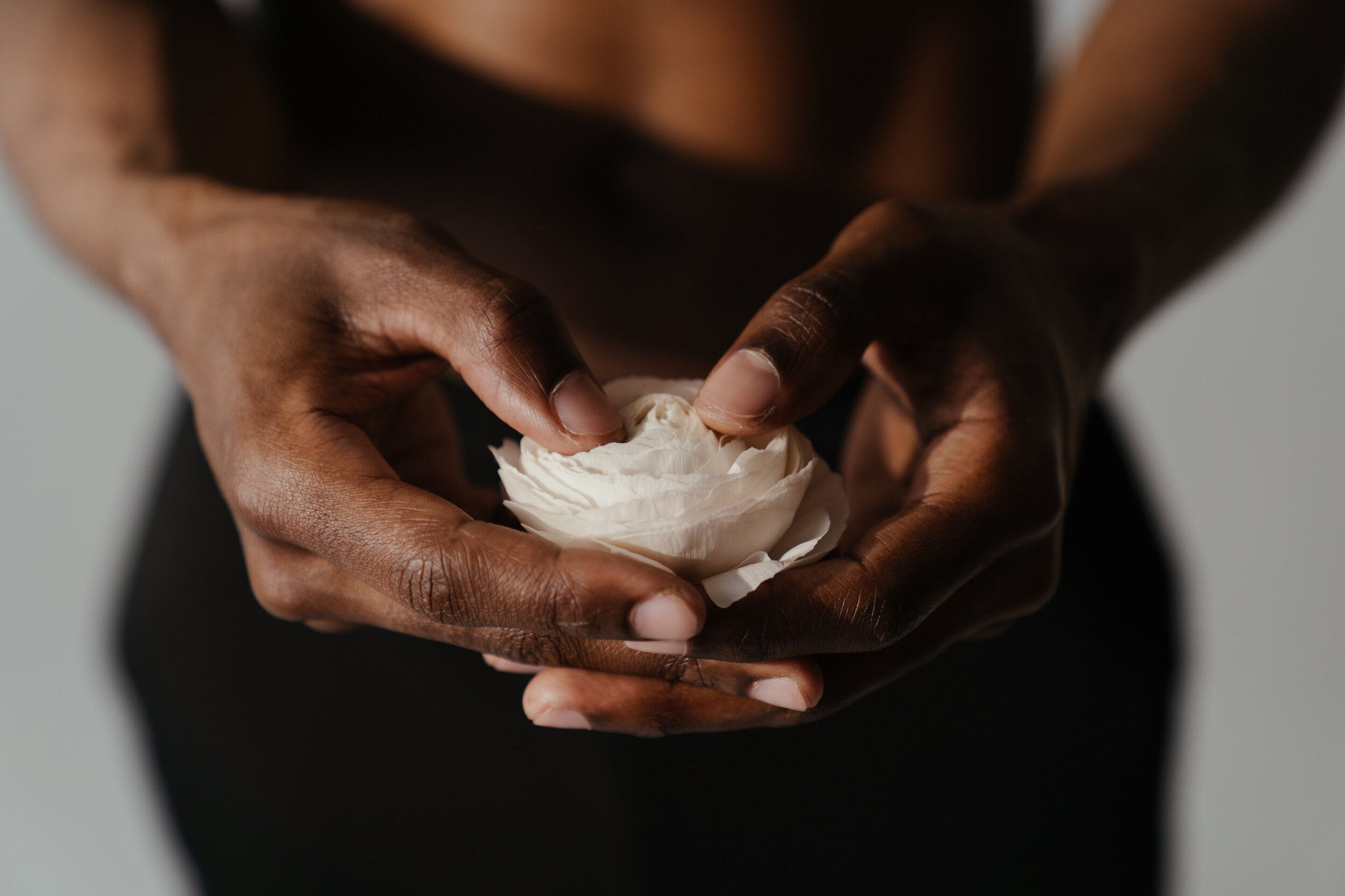Influencing a King: Bayard Rustin & Coretta Scott King's LGBTQ+ Activism
CNP hosted our annual CNP Summit on March 17th and March 18th, 2021. The Summit will be virtual. The theme was: "Lessons Learned from Bayard Rustin."
This session is entitled "Influencing a King: Bayard Rustin & Coretta Scott King's LGBTQ+ Activism."

America's Hidden HIV Epidemic: A Conversation With Linda Villarosa
On this show Charles Stephens sits down with Journalist Linda Villarosa. Linda is the Program Director at The City College of New York, and she wrote a piece for the New York Times entitled “America's Hidden HIV Epidemic: Why do America's black gay and bisexual men have a higher HIV rate than any country in the world?”
This conversation was taped in 2017.

I Don’t Want to Be an Elder If I Have To Hold the Trauma
In recent years, when the title of elder has been placed upon me, I’ve always rejected it. Not just because I felt too young, but also because I believed that being an elder was something you earned. And I did not believe I’d earned it yet. I still don’t.
What I have come to understand is that much of being an elder is really about who survives, and who is left to tell the story. In this sense, being an elder for me seems to be about loss, loneliness, and grief. It’s a reminder of the collective trauma that we as Black gay men and so many marginalized communities face—the war that was waged against us, against our bodies and desires that forced too many of us to become ancestors before we became elders. And for those of us remaining—left to become elders prematurely.
In 1999, the blocks between 10th street and 14th street in Midtown Atlanta was the world I entered. This is where I found community, made friends, earned enemies, felt desired and rejected, built community, mourned community, and ultimately became politicized in a way that is no longer possible. This is where I became an activist. This is where I became a leader; my origin story, if you will. Entering that world for me was like visiting Narnia.

So You Want To Start A Nonprofit?
When I started my journey as a social entrepreneur almost 10 years ago, I didn’t have any mentors. And much of the advice I did receive, though well-meaning, did not resonate with how I wanted to approach my work. So I wanted to share with you some of the lessons I learned along the way and initial strategies you may want to consider implementing in the first few months if you want to become a nonprofit founder.

National Coming Out Day: CNP Staff Share Personal Stories Of Freedom From The Closet
Each year on October 11, the LGBTQ+ community celebrates National Coming Out Day. Although today’s political and cultural environment is vastly different from it was in 1988 when Robert Eichberg and Jean O’Leary created the inaugural observance-coming out, or rather, inviting others in, still matters. While individuals arrive at this deeply personal decision in their own time, the benefits of living an authentic life far outweigh the alternative of a life rooted in fear and shame. For this National Coming Out Day, CNP’s staff is opening up about the moment the personal became public by sharing their individual coming out stories.

Constructing Our Present For Our Future Selves As Black Gay Men
A few days ago, I emailed some trusted colleagues concerning a documentary project idea. It’s part of how I process. I’m really lucky to have a fairly extensive network of individuals in various sectors that I can reach out to from time to time. Most of my ideas never make it to the manifestation stage because of this incredible vetting process.
I find it useful, even necessary, to think through projects and get feedback before I launch them. If there are red flags or warning signs, potential kinks, or concerns, it’s always good to get solid advice from trusted people. I hope that they will tell me the truth, and they always do. It’s also good in the early stages to register any critical feedback and develop responses, which helps me determine my level of excitement for a project.

Pioneering Black Gay HIV Researcher Dr. John L. Peterson Dies
CNP mourns the recent and sudden passing of pioneering researcher Dr. John L. Peterson, a leading figure in early HIV research, and mentor too many in Atlanta’s Black gay and healthcare communities. CNP Executive Director Charles Stephens cites Peterson as an early influence on his decades-long career in advocacy and organizing on behalf of Black gay men dating back to his time as an undergraduate student at Georgia State University, where Peterson was a member of the Psychology department faculty.

The Interview: Emerging Gay Atlanta Playwright Talks Code-Switching, Turning Pain Into Art
Prentiss Matthews III is a playwright, director, actor, and singer who made quite an impression after we met a few months back. I wanted to learn more about his work, artistic vision, and his approach to his craft. He graciously agreed to sit down and chat with me. Here is what we discussed.



